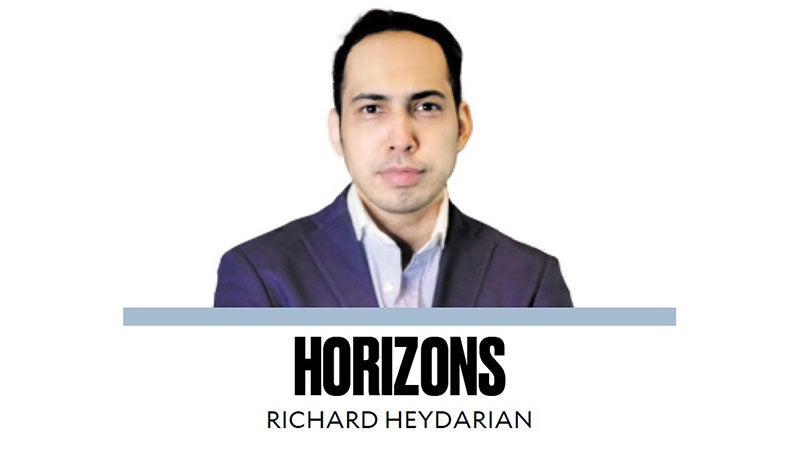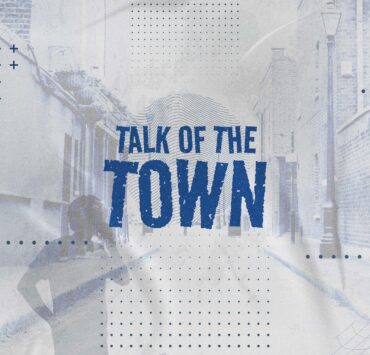Eleksyon 2025: A postmortem

A fluid political landscape just got messier. Far from creating a decisive outcome, last week’s midterm elections created even more political uncertainty. On the surface, it was a disaster for the Ferdinand Marcos Jr. administration, which heavily underperformed in a couple of key races. Its allies lost in major urban areas, such as Manila, Cebu, and Baguio, while the Duterte dynasty eviscerated its Marcos-backed competition in Davao. More crucially, the administration ended up winning barely half of the seats in the Senate.
Partisan pundits were quick to proclaim the President a ”lame duck,” while Duterte-aligned senator-elects didn’t waste time to signal their commitment to protecting the Vice President from impeachment. Senator-elect Rodante Marcoleta went as far as questioning even the need for holding a trial in the upper chamber to examine the impeachment case against Sara Duterte. A triumphalist Bato dela Rosa, meanwhile, portrayed his victory as a rejection of the likely International Criminal Court (ICC) arrest warrant. He even taunted the ICC by suggesting a possible visit to The Hague.
To portray the elections as a straightforward victory for the Duterte camp, however, would be premature. After all, pro-administration candidates won the vast majority of the seats across local governments as well as in the House of Representatives. By all indications, a presidential ally will remain the speaker of the House. Duterte-aligned mayors, meanwhile, will likely hedge their bets as they will depend on resources and support from the national government for big-ticket projects. As Commander in Chief, President Marcos will retain control over the armed forces as well as crucial executive agencies, which could be empowered to investigate and pursue additional criminal cases against his former “UniTeam” allies.
After topping the race, former presidential assistant and reelectionist senator Christopher “Bong” Go, who has shown consistent message discipline and organizational acumen, could credibly set his sights on higher—if not the highest—office in the next election cycle. In fact, the besieged Vice President was sober-minded, recognizing that her nemeses would still maintain control over key branches of the state as well as the potential emergence of new rivals. “While the outcome was not what we had hoped for, our commitment to the people remains unwavering,” Sara Duterte said in a statement following the elections.
What ultimately made this race even more disruptive, however, is the remarkable success of genuine opposition forces. Against all odds, and in defiance of all preelection surveys, the social democratic Akbayan topped the party list race, easily edging out a battalion of well-oiled contenders. Just as remarkable was the return of Paolo “Bam” Aquino and Francis “Kiko” Pangilinan to the Senate in style. Not only did they make it to the “Magic 12,” they also managed to feature among the top five candidates. Incredibly, Heidi Mendoza, who largely ran on her own and primarily relied on grassroots support, won more votes than major personalities such as Willie Revillame, who was one among multiple high-profile celebrities who lost in this year’s elections. On top of this, progressive icons also comfortably won in major cities, such as Pasig (Vico Sotto) and Naga (Leni Robredo).
There were no credible exit polls, which are a sine qua non in any major postelection analysis, but it looks like Gen Z and young voters made the difference in this race. Nevertheless, the progressive-liberal opposition can’t rest on its laurels. In the Senate, it’s a numbers game, so winning two out of 12 seats is not a guarantee of success. Moreover, the path ahead will likely be stormy, since playing it safe and avoiding polarizing issues—notably the Vice President’s trial and the likely ICC move against Dela Rosa—will be close to impossible. The underperformance of administration allies is partly due to Marcos Jr.’s failure to push back against vociferous criticism of his allies’ budget in Congress (from progressives) as well as Duterte’s ICC arrest (from the Duterte camp).
But as the President enters his legacy years, he has no choice but to step up, lest he risk an existential challenge from a vengeful ally-turned-nemesis. As for the progressives, they will inevitably have to wrestle with dilemmas of tactical alliance-building lest they get boxed out by a resurgent Duterte camp, which is bent on regaining Malacañang.
This article is part II of a ‘Project 2028’ series of articles. See first part “‘Project 2028’: Revamping our opposition,” which was published May 13, 2025.


















